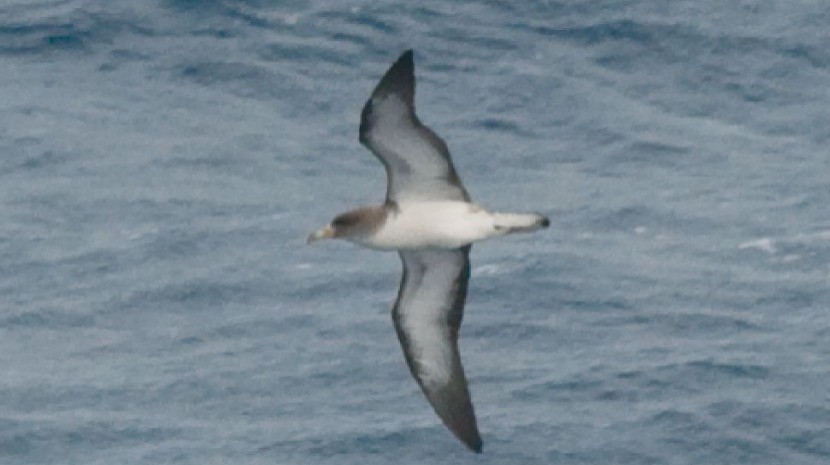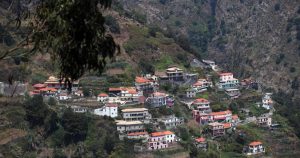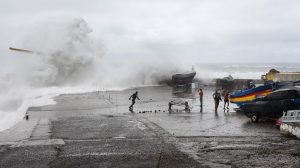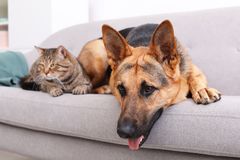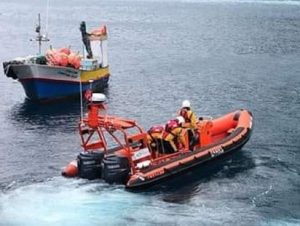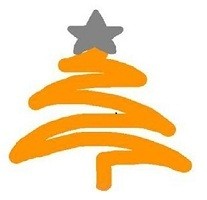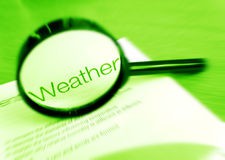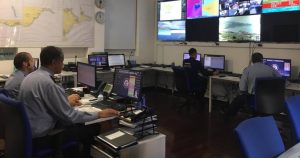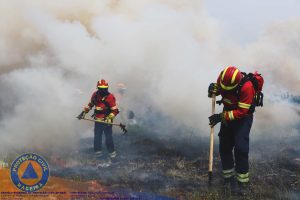In a statement issued today by the Portuguese Society for the Study of Seabirds (SPEA), a new laboratory that identifies the areas where excessive artificial light disturbs the life of seabirds, especially Shearwaters, will be situated on the east of Madeira.
The first of approximately 30 photometers, these are small devices that map light pollution, and measure the impact of artificial night light on local biodiversity, have already been installed by astronomers from the Canary Islands Astrophysics Institute and SPEA technicians.
An SPEA spokesperson explained that “seabirds, due to their sensitive eyes, are disoriented and are victims of chaining when they leave their nests. This can cause them to collide with infrastructure, be run over, become prey for dogs and cats or even die of dehydration. Therefore it is essential that we adopt and install adequate public lighting, that is energy efficient and has a low impact on the surrounding biodiversity. The data collected, together with the GPS tracking of adult shearwaters, will make it possible to identify the most problematic areas for seabirds in relation to light pollution on the island, making it possible to prioritise those areas whose lighting needs to change.”
Shearwaters nest in natural cavities, such as crevices in rocks, under heaps of stones or burrows, and only lay one egg per breeding season. Both parents care for the offspring, often making long journeys across the sea in search of food. Despite living for more than 30 years, Shearwaters take a long time to reach reproductive age, and the fact that they only lay one egg per breeding season, makes them very vulnerable to threats such as predation by invasive species, fishing accidents, loss of habitat, illegal hunting and, of course, light pollution.
Installed within the scope of the Interreg Mac Energy Efficiency Laboratories (EELabs) project, this is, according to SPEA, the third project in the region dedicated exclusively to the assessment of light pollution.
In addition to this installation in Madeira, EELabs is also focusing its attention on the island of Corvo, in the Azores, and Gran Canaria and Tenerife, in Spain, with the installation of more than a hundred pieces of equipment.
Samantha Gannon
info at madeira-weekly.com

